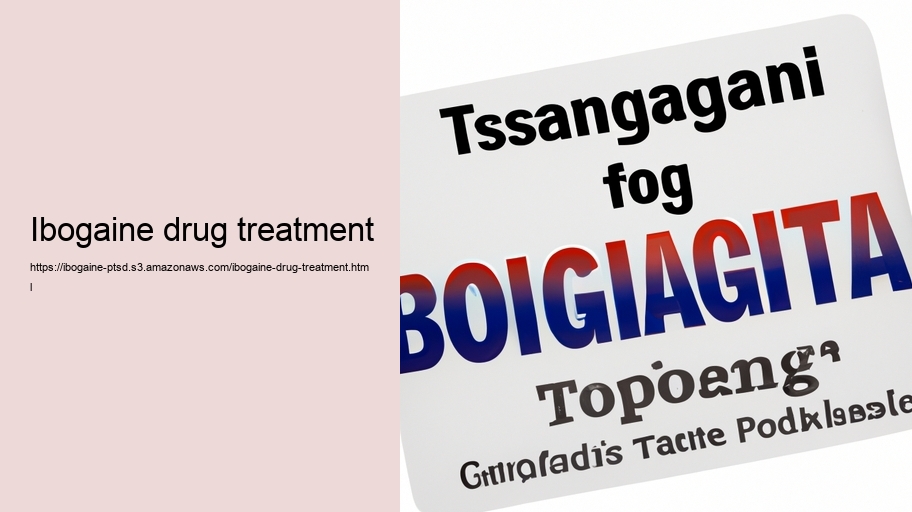Title: The Controversial Hope: Ibogaine Drug Treatment Explored
Introduction:
The relentless pursuit of effective addiction treatments has led to the exploration of various substances, some steeped in traditional medicine and others born from modern pharmacology. Among these is ibogaine, a naturally occurring psychoactive compound derived from the root bark of the African shrub Tabernanthe iboga. This essay delves into the landscape of ibogaine as a drug treatment, scrutinizing its potential, controversies, and implications within the sphere of substance abuse recovery.
Historical Context and Mechanism:
Ibogaine's story begins in the forests of West Africa where it has been used for centuries by indigenous peoples in spiritual ceremonies and rites of passage. Its introduction to Western medicine dates back to the 1960s when Howard Lotsof, then addicted to heroin, claimed that after ingesting ibogaine, his desire for opioids was eliminated without experiencing significant withdrawal symptoms.
Scientifically speaking, ibogine works uniquely compared to other addiction treatments. It is believed to reset neurotransmitter systems in the brain. Specifically, it acts on serotonin receptors and blocks dopamine reuptake while stimulating the release of glial cell line-derived neurotrophic factor (GDNF), which may promote neural plasticity. This multifaceted action could explain why users report reduced cravings for various substances post-treatment.
Therapeutic Potential:
Anecdotal evidence suggests that a single dose of ibogaine can significantly reduce or even eliminate withdrawal symptoms associated with opioid detoxification and curb cravings for alcohol, stimulants like cocaine and methamphetamine, and nicotine. Proponents argue that this capacity makes it an invaluable tool for breaking cycles of dependency that have resisted other methods.
However, scientific research on ibogaine is scant due to its legal status—it is classified as a Schedule I substance in the United States with no accepted medical use—and inherent risks associated with its use.
Controversies Surrounding Ibogaine Treatment:
Despite promising results shown in case studies and small-scale research projects around the world—mainly outside U.S. jurisdiction—the therapeutic application of ibogane remains controversial. The primary concerns revolve around safety issues; there are documented cases where patients undergoing treatment with ibogaine have suffered adverse effects such as ataxia (loss of control over bodily movements), hallucinations during treatment sessions lasting up to 36 hours or more, cardiac complications including fatal arrhythmias.
Legal restrictions further complicate access to quality-controlled sources of this drug; thus individuals seeking treatment sometimes resort to underground clinics or traveling abroad where regulations may be lax or non-existent—posing additional health risks due both poor-quality product conditions lack medical oversight during administration process itself.
Ethical Considerations:
Beyond safety legal considerations lies an ethical debate concerning informed consent harm reduction philosophy overall approach towards treating addiction diseases model versus punitive system currently dominates much global policy surrounding substance misuse disorders . Advocates argue that denying potentially life-saving interventions based criminalization rather than clinical efficacy perpetuates stigma marginalizes already vulnerable populations needs most help .
Conclusion:
In summary , Ibogene represents yet another frontier battle between old paradigms new possibilities field addiction therapy . While its ability disrupt ingrained patterns addictive behavior undeniable so too need rigorously controlled trials ascertain full extent benefits risks associated long-term outcomes . Until such data emerges clear consensus reached regarding place toolkit treatments we must tread carefully balancing hope caution intricately complex journey toward healing recovery those afflicted by scourge addiction .
